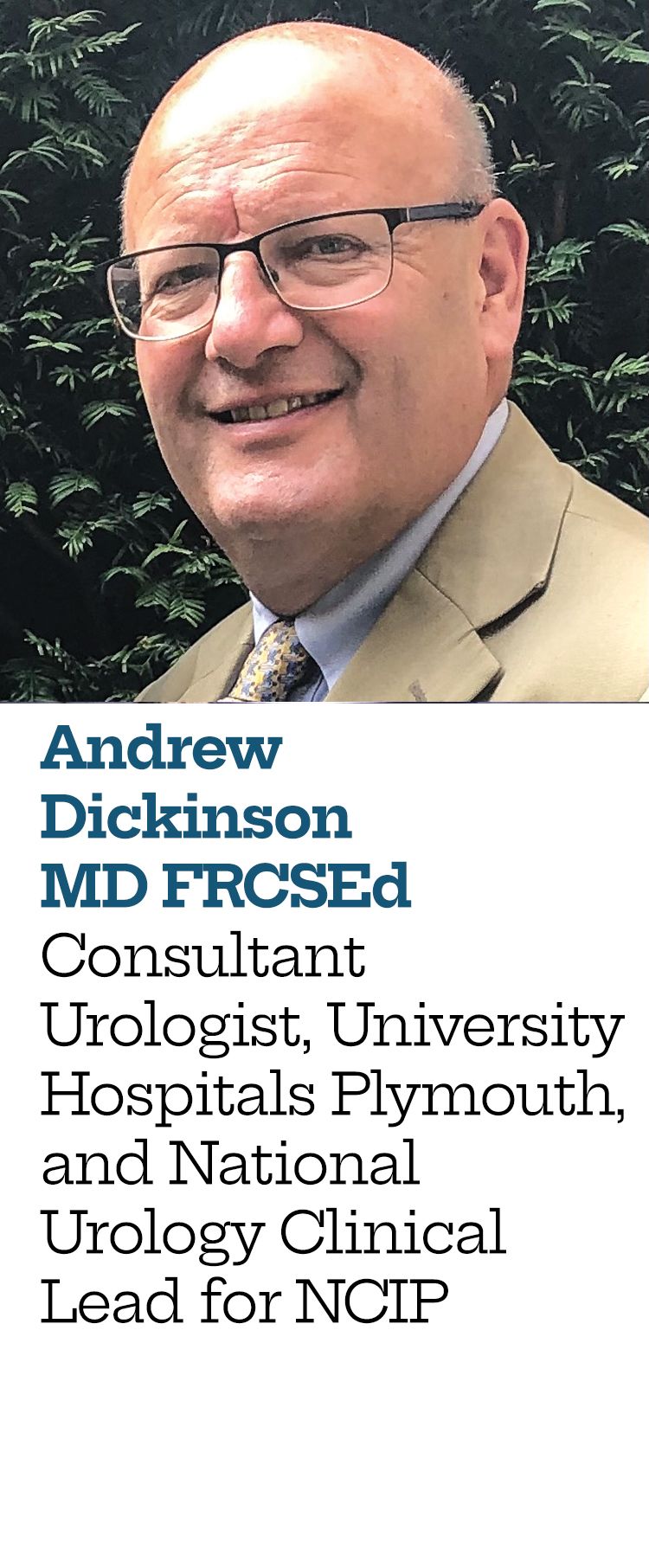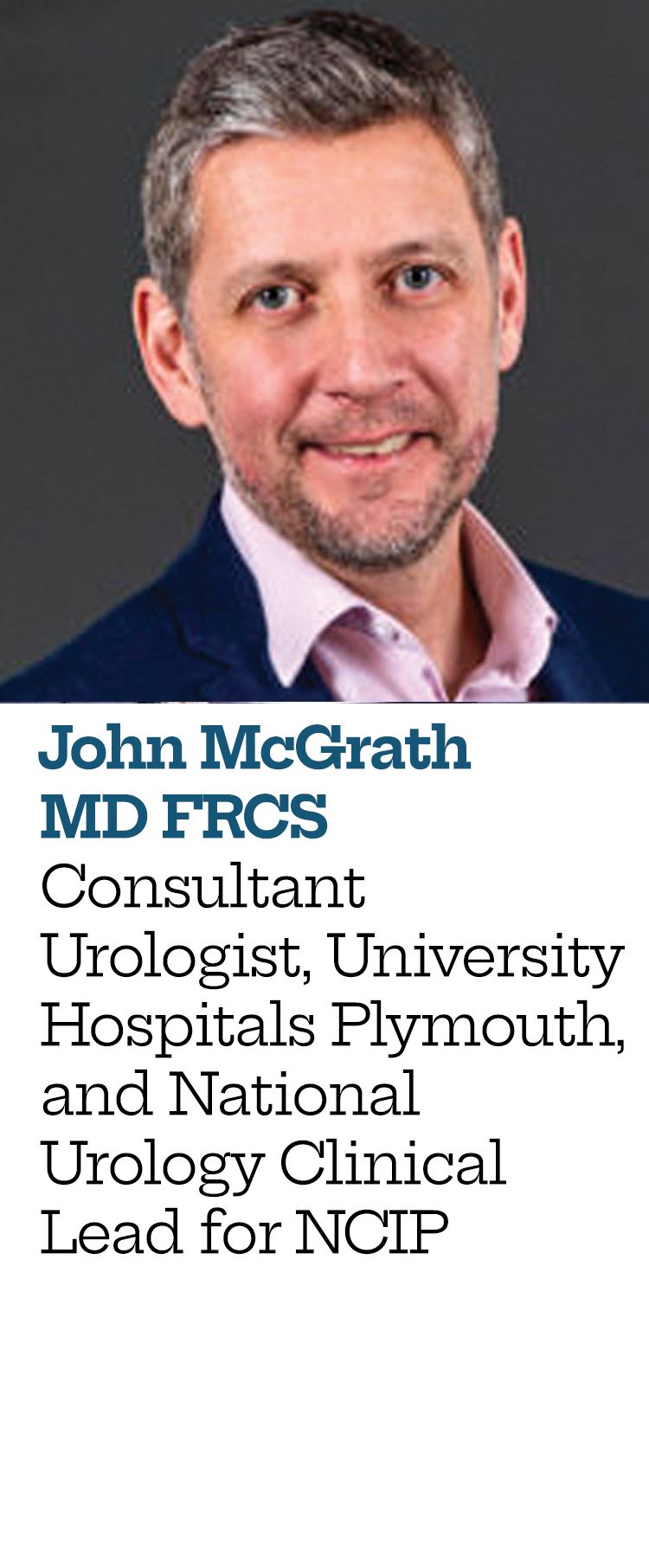Getting it right
How a national NHS England programme is driving patient care
The need for national data collection on hospital activity to inform the management and planning of services was first recognised in the early 1980s by the Department of Health, and was progressively rolled out in 1987 with limited clinical traction. All hospitals provided data on elective and emergency care through Hospital Episode Statistics (HES). In 2012, the Getting It Right First Time (GIRFT) programme, using HES data, showed there was significant variation in the provision of orthopaedic care, both within and between units in England. GIRFT is an NHS England programme that aims to improve the treatment and care of patients through in-depth service reviews.
GIRFT now encompasses all medical and surgical specialties. Variation in access to clinical care, time spent in hospital and outcomes clearly does not act in patients’ best interests, but persists across all aspects of surgical and medical care.
The GIRFT methodology using Urology as an example is shown in the chart (below). Pre-visit, units are issued with a report that covers more than 170 metrics for the specialty, followed by a ‘deep dive’ to give context for the various metrics. All units are then issued with a hospital report that references exemplars of good practice and where improvements might be made. Through these reports and recommendations, examples of evidence of ‘best care’ are given, allowing units to consider quality improvements in care. The GIRFT Academy has supported improvement, providing links to useful clinical resources, including best practice pathways, case studies and guidance documents for surgical and medical specialties.
GIRFT has used HES data to develop quality dashboards, comparing trusts in a wide range of quality indicators, demonstrating variation and allowing exploration of the variation and any learning opportunities from this exploration. All clinicians working in hospitals in England can access the data for their individual trust at model.nhs.uk/home. While the data generated continues to show variation in access and provision of services, evidence suggests that provision of services is improving in some aspects of the specialty.
The development of the National Consultant Information Programme (NCIP) enables surgeons to benchmark their data with colleagues in their unit and with national data. The NCIP has developed in parallel to GIRFT and started in 2018. It is an internet-based portal to provide surgical outcome data for surgical procedures for individual surgeons. Urology was the vanguard specialty and now has 35 specific urological procedure dashboards with procedure-specific matrices.
Based on the same HES data as GIRFT, the NCIP breaks this data down into a more granular level, giving individual surgeons their own outcomes of patients on whom they have operated. It also provides mortality, readmission and reoperation data. This gives surgeons a wealth of information on their practice and also allows them to benchmark against other surgeons, both within and between units. The data provides high-quality benchmarking data for appraisal discussion, which fulfils the GMC requirement of reviewing performance against local, regional or national benchmarking data that is robust, attributable and validated. Data will show variation with outliers but the NCIP is able to provide contextualisation explaining variation with co-morbidity, fragility and deprivation data.
A potential weakness of the GIRFT/NCIP programme is the quality of the coding on which HES is based. However, with the development of the programmes and the realisation of their potential, the quality of both the procedure coding and the granularity of the episode coding, as well as the attribution of the procedures, has improved and so enhances the value of both programmes in patient safety and quality improvement.
Both GIRFT and the NCIP will highlight variation in care provision. Understanding the context of the service is vital to gaining insights from the data. Both positive and negative outliers provide a learning opportunity for individuals and units and have the potential to enhance quality improvement and, ultimately, better and safer care for patients. The key principles in GIRFT/NCIP of data-driven, informed, clinically led review, now established in England, are adaptable to all the health systems of the devolved nations and are key to a safer, sustainable NHS.




